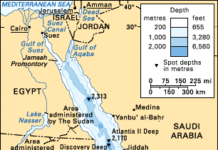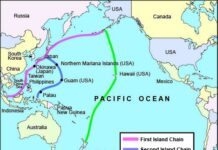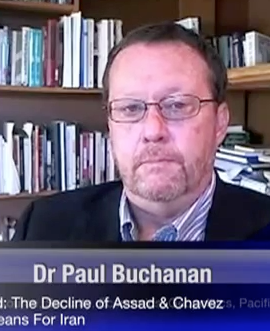Pacific Scoop PIF Coverage
Cook Islands minister talks up population ahead of Forumpasifik edita
http://pacific.scoop.co.nz/2012/08/cook-islands-minister-talks-up-population-ahead-of-forum/

Polynesian leaders meeting over the weekend ahead of the Pacific Islands Forum. Image: Cook Islands News
Pacific Scoop:
Report – By Rachel Reeves in Rarotonga
Cook Islands Internal Affairs Minister Mark Brown says the government has to give more incentives to keep Cook Islanders living and working at home.
Speaking on depopulation in the Cook Islands, he traced the trend to the 1950s exodus of Cook Islanders searching for opportunities in New Zealand’s freezer works and forestry industries.
He followed it through the early 70s, when the construction of the international airport prompted another wave of outward migration.
That Cook Islanders can so easily access the job markets of New Zealand and Australia makes the Cook Islands particularly vulnerable to depopulation. But while it threatens to handicap the country’s economy, the linkage to the New Zealand labour market is too valuable to forego.
 “One of the things we have to understand is that…the workplace for the Cook Islands is not just the Cook Islands, it’s the region,” Brown said.
“One of the things we have to understand is that…the workplace for the Cook Islands is not just the Cook Islands, it’s the region,” Brown said.
“For us, because of our access to countries like Australia and New Zealand, we have to accept the fact that people will move where the opportunities are and make sure we structure our strategies for employment and economic development with that understanding. We have to accept that and appreciate it.”
The result is that the population of the northern group (1100) has dropped by half since 1996 (2500), and of the southern group by a third.
Incentive challenge
The challenge for government, then, is to give Cook Islanders – who can easily work in New Zealand (minimum wage NZ$13.50) or Australia (minimum wage A$17) – incentives to stay and work at home.
The employment gap left by emigrants is being filled by workers from the Philippines and Fiji. Brown estimated about 3000 foreign workers are currently employed in the Cook Islands, and said that those workers tend to send remittances to their home islands and countries.![]()
The result is that the Cook Islands has a ‘negative remittances’ economy.
To mitigate the destructive impact of depopulation, government has to carefully manage transportation – “We can get a barge, we can get a boat, we can subsidise the cost of a regular shipping service to ensure every fortnight there’s a boat travelling around the islands” – and related infrastructure like airports and harbours on Rarotonga and particularly the outer islands.
It also has to invest in energy, which for businesses is second only to wages in terms of expenses.
Birth rate up
On a positive note, he said since the government enacted the baby bonus, the birth rate has increased.
Brown said the average birth rate had jumped from about 300 to about 390 in two years.
“We don’t know if it’s because of the incentive of the baby bonus but one thing that a lot of developed countries are finding is a challenge of low birth rates – which are not high enough to replace an aging population,” he said.
Countries with low birthrates like China, he said, were “coming to an understanding” that their working-age populations would be comparatively small in 20 or 30 years’ time.
“For us here in the Cooks it’s important we understand that birth rates play a critical role long-term in sustaining and having a good sustainable population here,” he said.
Brown said that in the longer-term, the birth rate had decreased with each generation, and that an increase in the number of babies being born in the Cook Islands was in fact a good thing.
“The more people here, the better,” he said. “The fertility of the country leads in a straight correlation to its prosperity.
“Every mouth that lands here on the island, whether it’s born or produced here or whether comes here as a migrant, adds to the economic value of the country.”
He joked that the Cook Islands should consider not a family planning policy but a “family planting policy”.
Rachel Reeves is political reporter of the Cook Islands News.
Unless expressly stated otherwise, the findings, interpretations and conclusions expressed in this media release item do not necessarily represent the views of 36th Parallel Assessments.














